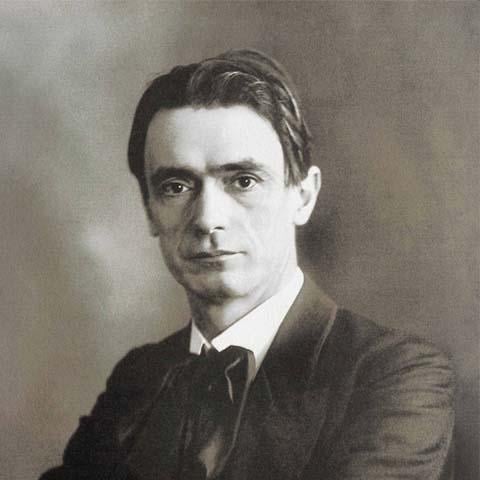The Art of Lecturing
GA 339

Table of Contents
- Title Page
- Colophon
- Introduction
- Lecture I Dornach, 11 October 1921
- Guidelines for the preparation of a talk: our thoughts interest no one; our will impulses annoy everyone; only our feelings constitute the effectiveness of a talk. The thought content must be thoroughly settled in advance. Verbal formulation of the first and the last sentences. Our thought preparation affects the will; our enthusiasm the thinking of the listener.
- Lecture II Dornach, 12 October 1921
- Historical viewpoints concerning the threefold order and the development of speech. Beautiful speaking, correct speaking, and good speaking. Humanism and pragmatism. The need for developing a true ethics of speaking.
- Lecture III Dornach, 13 October 1921
- Letting experiences flow into the composition of the lecture. Only the proletarian has concepts about the three areas of the social organism.
- Lecture IV Dornach, 14 October 1921
- Pedantic lecturers upset the listeners' stomachs. Learn lecturing by listening: watch how others do it, good or bad. Reluctance to speak is the virtue, not eagerness to hear one's own voice. A debater turns his opponent's image and word against him. Jokers create too much acidity in the listeners' stomachs. Words precede deeds.
- Lecture V Dornach, 15 October 1921
- Lyrical speaking for spiritual life; dramatic speaking for rights-relationships; epic speaking for economic conditions. About economic life within the social organism. The formulation of key sentences. Speech exercises and speech gymnastics; the effect of coffee and tea upon the speaker; respect for the audience through proper preparation.
- Lecture VI Dornach, 16 October 1921
- Repetition in varied formulations helps the listener to comprehend. The use of questions gives the audience a moment to breathe in. Logical trains of thought put the audience to sleep. Unusual formulations and word order keep the listeners attentive. Illustrations and pictures convince and are remembered. The audience listens with the speech organs. The speaker must be fully immersed in his topic. He must have thorough knowledge of the events of the time. The movement for the threefold social order cannot be separated form anthroposophy.






